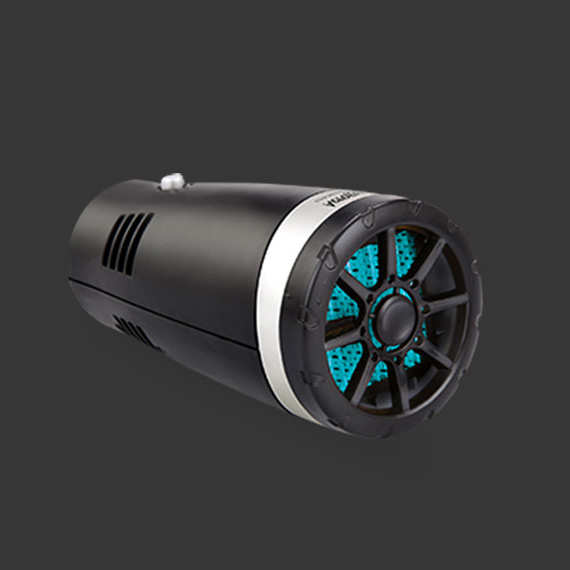handbrake cables
Understanding Handbrake Cables Importance, Function, and Maintenance
Handbrake cables are an essential component of a vehicle's braking system, particularly when it comes to ensuring safety and control during parking and on slopes. Understanding their function, importance, and maintenance requirements can help vehicle owners enhance their automotive knowledge and ensure optimal performance from their vehicles.
What are Handbrake Cables?
Handbrake cables, also known as parking brake cables, are the wires that connect the handbrake lever to the brake mechanisms of the rear wheels. When the driver pulls the handbrake lever, the cables transmit this action to engage the rear brakes, preventing the vehicle from rolling, especially on inclines. Typically made from durable steel wire and encased in protective sheathing, these cables are designed to withstand tension and environmental factors like moisture and dirt.
Importance of Handbrake Cables
1. Safety The primary function of handbrake cables is to provide a reliable means of securing the vehicle when parked. A properly functioning handbrake prevents accidents and ensures that the vehicle remains stationary, particularly on sloped terrains.
2. Control Handbrake cables also play a critical role in controlling the rear brakes during emergency situations. In some vehicles, the handbrake can be used to assist in stopping the vehicle in case the primary braking system fails. Although this is not a substitute for regular braking, it can provide an additional layer of security.
3. Legal Compliance Depending on local vehicle regulations, having a functional handbrake is a legal requirement. Failing to maintain this component may lead to fines or complicate insurance claims in the event of an accident.
Signs of Handbrake Cable Issues
Over time, handbrake cables can wear out or become damaged due to various factors such as corrosion, rust, or fraying. Recognizing the signs of potential cable failure early can prevent accidents and costly repairs. Some common symptoms include
handbrake cables

- Loose Handbrake Lever If the handbrake lever feels slack or requires excessive pulling to engage the brakes, it may indicate that the cables are worn or stretched. - Unexpected Rolling If the vehicle rolls even after the handbrake is engaged, it's a clear sign that the cables or brake mechanism are malfunctioning. - Visual Damage Inspecting the cables for any signs of fraying, rust, or other visible damage is essential. If any abnormalities are noticed, it is advisable to seek repairs or replacements immediately.
Maintenance of Handbrake Cables
Proper maintenance of handbrake cables can extend their life and ensure safe vehicle operation. Here are some steps vehicle owners can take
1. Regular Inspections Periodically check the handbrake system for any signs of wear, damage, or corrosion. This includes both the cables and the associated brake components.
2. Lubrication Keeping the cables lubricated can prevent rust and reduce friction, enhancing their longevity. This should ideally be done during regular vehicle maintenance.
3. Professional Servicing If any issues are detected, or if you are unsure about the condition of your handbrake cables, seek professional servicing. Trained mechanics can provide a thorough inspection and recommend whether repairs or replacements are necessary.
4. Adjustments Depending on the vehicle type, handbrake cables may require periodic adjustments to ensure they function correctly. Refer to the vehicle’s manual for specific guidelines related to tuning the handbrake system.
Conclusion
Handbrake cables are a vital component of a vehicle’s overall braking system, contributing significantly to safety, control, and adherence to legal standards. Understanding their function, recognizing signs of wear, and maintaining them properly are imperative aspects of responsible vehicle ownership. By ensuring that handbrake cables are in excellent working condition, vehicle owners can enhance not only their safety but also the longevity of their vehicle's braking system. Regular checks and maintenance can prevent unexpected failures and ensure peace of mind while driving. Remember, when it comes to safety, it’s always better to be proactive than reactive.
-
Upgrade Your Clutch System with Premium Hydraulic Clutch LinesNewsJul.31,2025
-
Unlock the Power of Precision with Our Throttle CablesNewsJul.31,2025
-
Unleash Power and Precision with Our Accelerator CablesNewsJul.31,2025
-
Experience Unmatched Safety with Premium Handbrake CablesNewsJul.31,2025
-
Enhance Your Vehicle's Performance with Quality Gear CablesNewsJul.31,2025
-
Workings of Clutch Pipe and Hose SystemsNewsJun.04,2025
